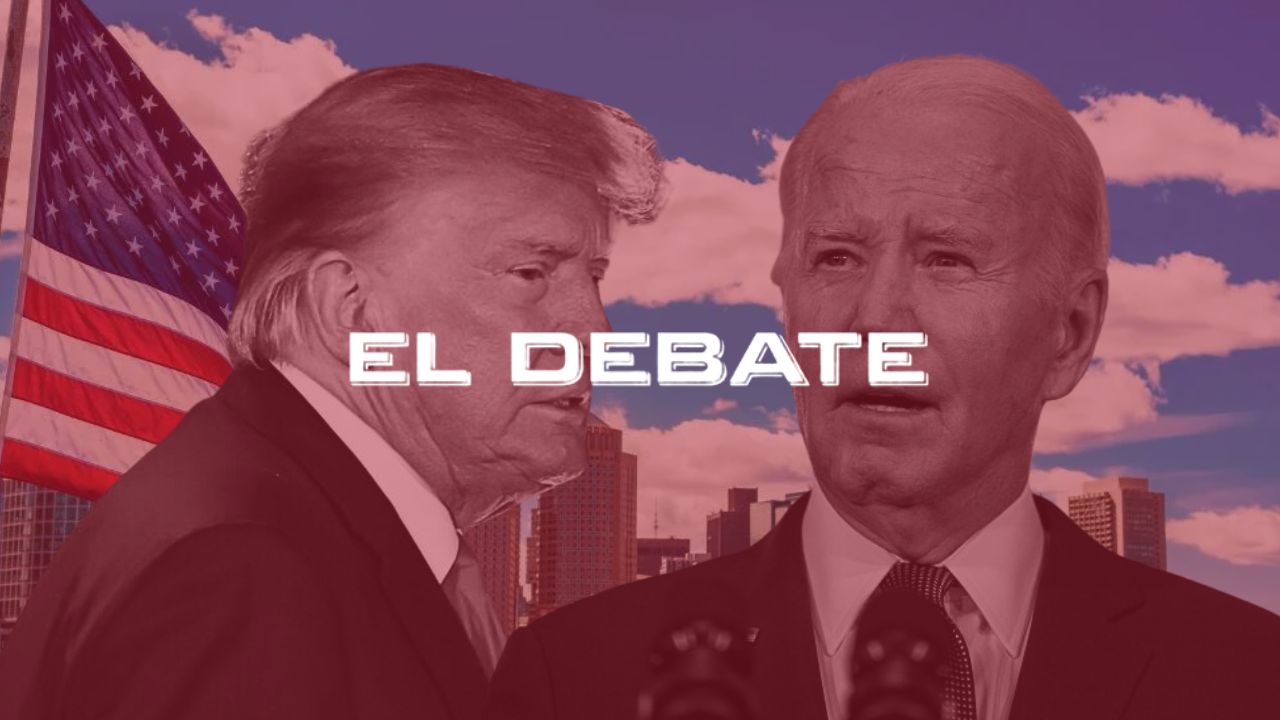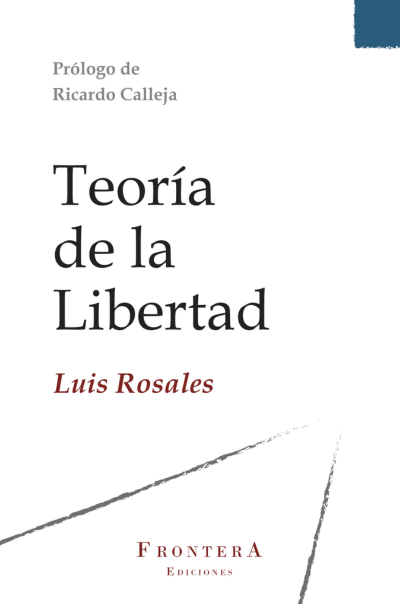Delcygate is far from over. It was scandalous enough for Spain to let an EU-sanctioned narcocriminal land on its tarmacs—not to mention secretly dispatching a top official to meet with her and then brazenly lying to keep under wraps the whole affair. But just as the dust seemed to settle from José Luis Ábalos’ sequence of lies and cover-ups about his infamous meeting with Delcy Rodríguez, new evidence has arisen that may confirm fears of Maduro’s friendly dealings with Spain’s leftist government.
The truth, as some would have it, always finds its way out into the open.
Leading Spanish daily ABC went to press Wednesday night with reports that Rodríguez spoke on the phone with PM Pedro Sánchez himself, as she lobbied her hosts in the early hours of January 20th to let her set foot at Barajas airport. This latest scoop comes from sources inside both Rodríguez’s inner circle and Venezuela’s opposition, which renders it far more credible than any of Ábalos’ multiple versions of what happened, successively crafted in response to newly-surfaced evidence.
The PM’s press bureau wasted no time in firmly denying the call took place but has supplied no evidence to contradict ABC’s reporting. The press release looks every bit like any of Ábalos’ multiple cover-ups. This time, the truth lurking beneath has every chance of undermining not one Minister, but the entire Spanish government.
Make no mistake: the call in itself is a diplomatic and political outrage, even leaving aside its content. The PM’s every contact with foreign leaders routinely undergoes a thorough vetting process handled by professional diplomats. Not when you’re dealing with Maduro’s criminal clique, apparently.
Pedro Sánchez’s likely next step will be to concede that the call happened—phone records are hard to erase. But he will dig in to frame it as a last resort to dissuade a stubbornly insisting Rodríguez from leaving her plane—she eventually did—, claiming Ábalos reluctantly agreed to let her vent to his boss directly. ABC explicitly reports that the call was placed from Ábalos’ phone.
But this time, the suspicion sowed by ABC’s reporting of the call will make it a much harder cover-up for the government.
For Rodgríguez to feel empowered—and allowed by Ábalos—to attempt to coax the PM into letting her enter the country would be concerning enough. But the call, in fact, bore no relation to whether Spain would agree or not to breach EU sanctions and let Rodríguez in. She is instead thought to have raised three unrelated issues, of perhaps greater import for Maduro’s regime, and raising greater concerns about Spain’s tacit support of it. Namely: Juan Guaidó’s planned visit to Spain two weeks later, the Spanish embassy’s granting of refuge to opposition leader Leopoldo López in Caracas, and oil giant Repsol’s business in Venezuela.
There’s reason for alarm on all three fronts. Sánchez was never scheduled to meet with Guaidó, but came under mounting pressure to change course in the weeks leading up to Delcygate. In shunning Venezuela’s legitimate leader, whom Spain has nonetheless joined 59 other countries in recognizing, Sánchez was already seen as caving to Maduro’s wishes. Rodríguez’s pressure may have been decisive in keeping Sánchez in line. She is reported to have said: “If you host Guaidó, we won’t be able to move forward”.
As for Leopoldo López, he found refuge not on the Spanish embassy’s official premises but at the Ambassador’s private residence after failing to ignite a military uprising along with Guaidó in early May last year. Spain’s diplomatic top brass was never happy with the Ambassador’s move, but Rodríguez’s demand that López be ousted altogether tells just how subservient she expected Spain to be in assisting the regime’s muzzling of the opposition. For Leopoldo to be denied refuge would instantly trigger his arrest back into military confinement.
Finally, that Rodríguez brought up Repsol in the call shows how financial support matters more to Maduro’s regime than outspoken signs of political support. Through its central bank, Spain has been serving as a clearinghouse for Maduro’s blood-soaked profits, which has put it at perhaps graver risk of US sanctions than any other European country in post-WWII history.
But amidst dwindling oil revenues and an emaciated, largely underground economy, Maduro is in ever-direr need of hard currency to keep his crony government afloat and the military under his marching orders. Some speculate that it may be turning to Repsol, the Spanish oil and gas giant, which operates a number of plants refining Venezuelan crude across the country but has been sharply cutting its investments over the past few years.
Rodríguez may have sought to pressure Repsol to buy Venezuela’s near-bankrupt state-owned oil company, PDVSA, which would supply the regime with a much-needed cash windfall. The she sought to enlist Sánchez to help push for the purchase shows her willful ignorance of the free market—Repsol was privatized in the late 1990s—but it also portents much of that same coziness that seems to reign between Spain’s government and Maduro’s cronies. An even worse scenario beckons, however: could the regime be threatening to expropriate parts of Repsol’s operation in Venezuela?
In an earlier column last week, I conjectured that these dubious, secretive dealings may soon reveal the contours of a larger bargain between the two countries, where Maduro may be leveraging sensible details of his past links with Podemos, PSOE’s left-wing coalition partner in government, to extract concessions from Pedro Sánchez. All of this is mere speculating, but not entirely off-base. In another snippet of the call released by ABC, Rodríguez is quoted as having warned Sánchez: “we had a deal”.
Mike Pompeo is right to urge her Spanish counterpart to come clean on this whole issue. But Arancha González Laya is merely a technocrat with little links to PSOE’s top political brass, who has sidelined her throughout Delcygate—she was even sent to meet with Guaidó in Pedro Sánchez’s stead. The Secretary of State would be better advised to deal directly with Maduro’s associates in Spain while wielding the threat of heavy sanctions, if need be to the whole EU. He may find willing informants in Spain’s law enforcement, who was also short-circuited in its tracks as it got ready to deport Rodríguez on arrival, per EU rules.
A scandal of this sort should suffice to topple a supposedly pro-Guaidó government, but Pedro Sánchez insists Delcygate is the stuff of conspiracy and fake news. Meanwhile, Spain’s opposition is demanding Ábalos’ resignation—not likely—and a secret congressional hearing under oath for the whole truth to emerge—even less so. An MP from the Canary Islands has even surmised on national TV that Delcy’s plane carried tons of gold to be melted for cash in Turkey.
At this point, it’d be careless to rule anything out.






